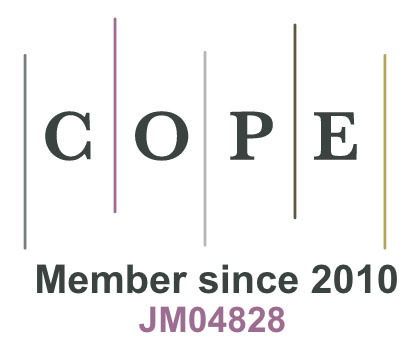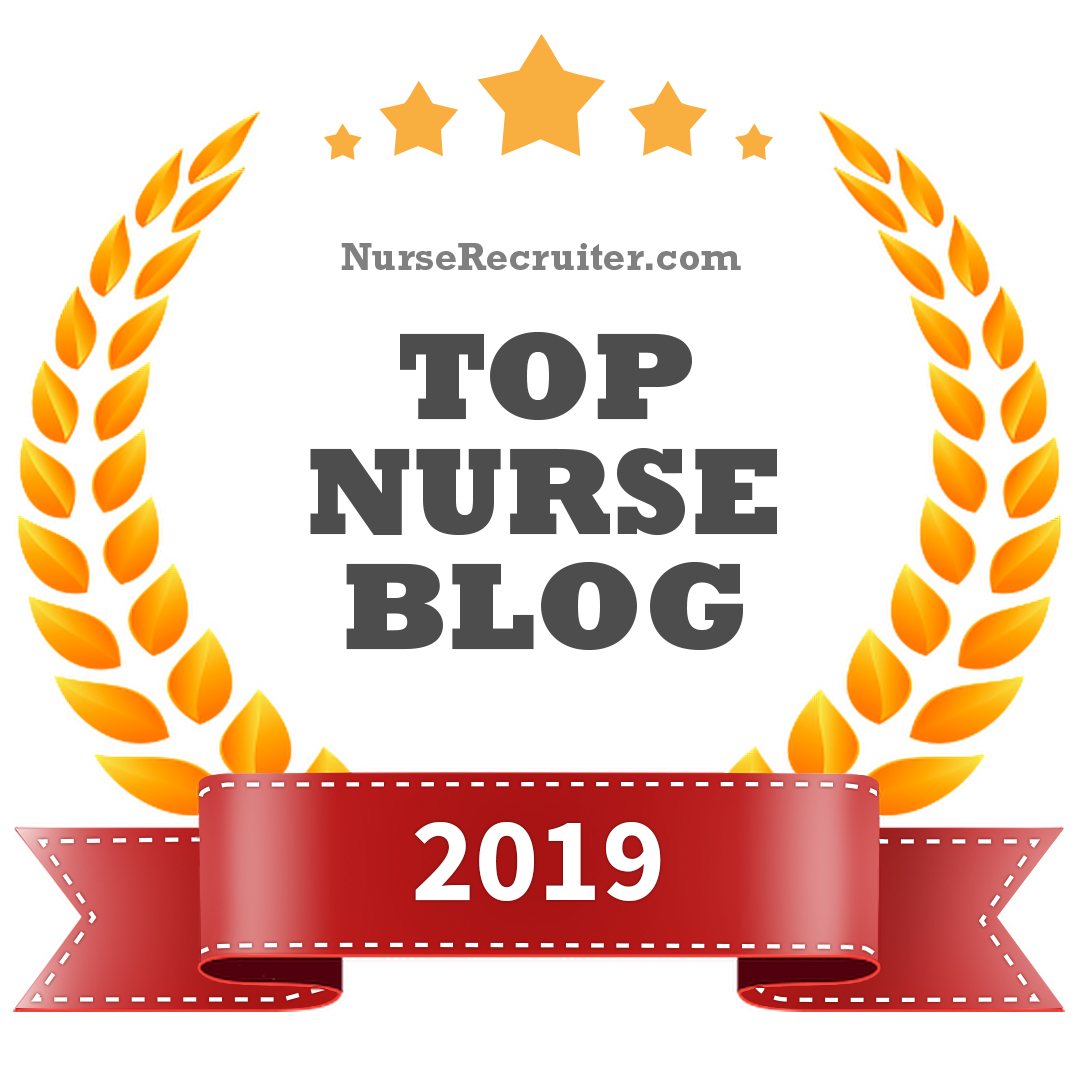Biopower in the Dual Pandemics of COVID-19 and Racism
The current featured article of the latest issue of ANS is titled “‘I Can’t Breathe’: Biopower in
the Time of COVID-19: An Exploration of How Biopower Manifests in the Dual Pandemics of
COVID and Racism” authored by Christine R. Espina, DNP, MN, RN and Robin A. Narruhn, PhD, RN. This article is available at no cost while it is feature on the ANS website! Here is a message about this work from Dr. Espina:
Fissures, rupture, chaos, and change. These words describe the past 16 months of the COVID-19 pandemic. In an interview, Paul Farmer stated, “…pandemics reveal a lot about a society. They expose all the fissures and cracks of the ravages of history. And so looking back at previous epidemics…we’ve really seen again and again that social disparities shape not only the epidemics, but our responses to them” (Garcia-Navarro, 2020). Farmer ends his interview on a more optimistic note by saying that we, as a collective, can improve our response. In a similar vein, novelist Arundhati Roy writes, “historically, pandemics have forced humans to break with the past and imagine their world anew. This one is no different. It is a portal, a gateway between one world and the next” (2020). The artist-activist Kill Joy visualized Roy’s quote as an erupting volcano as depicted here:
As academic-activists, we imagine centuries-old forces—the “ravages of history”—rumbling beneath the earth’s surface converging and erupting. The pandemics are further manifested in the extreme global climate change we are experiencing now. For BIPOC communities, the ground has always trembled with racism and health inequities. The virulence of COVID and structural racism expose the fragility of the protective factors of white privilege and other intersecting privileges. With these recent and public ruptures, a portal has opened more opportunities for some to choose an increased conscientization.
In early 2020, we were trying to make sense of the violent events converging publicly in our communities and across the nation: increased mainstream media attention to and public outrage at racist, state-sanctioned murders of George Floyd, Breonna Taylor, Daunte Wright, and countless others, police violence against Seattle and Portland protestors, the political downplay of this novel disease clearly and disproportionately impacting low-income BIPOC communities…just to name a few of the events troubling us.
Agamben’s theory of biopower (2005) provides a useful framework to understand the eruption of the dual pandemics of COVID and racism. Biopower begets violence–whether acute acts of violence like police brutality and the murders of Black and Indigenous peoples or the chronic, slower violence of health inequities among BIPOC communities due to structural racism. We have been struck by Jane Georges’ work (2008; 2011; 2013) on Agamben’s theory of biopower and its relevance to nursing. It clicked for us: all these recent connected events were biopower at play before our very eyes.
In our paper, we connect Agamben’s theory of biopower with examples and illustrations from the dual pandemics, with the hope of showing how theory can provide a way to understand and name injustice. We also explore nurses’ ethical and moral responsibilities and introduce actions for nurses—particularly nurse educators—to respond to these dual pandemics. We look forward to the realization and praxis of a more just and equitable world.
References
Garcia-Navarro, L. (2020). Anthropologist Paul Farmer’s new book explores the failures of an Ebola epidemic. [Interview]. National Public Radio; Weekend Edition Sunday. https://www.npr.org/2020/11/15/935112347/anthropologist-paul-farmers-new-book-explores-the-failures-of-an-ebola-epidemic
Georges, J. M. (2008). Bio-power, Agamben, and emerging nursing knowledge. Advances in Nursing Science, 31(1), 4–12. https://doi.org/10.1097/01.ANS.0000311525.50693.9c
Georges, Jane M. (2011). Evidence of the unspeakable: Biopower, compassion, and nursing. Advances in Nursing Science, 34(2), 130-135. https://doi.org/10.1097/ANS.0b013e3182186cd8
Georges, Jane M. (2013). An emancipatory theory of compassion for nursing. Advances in Nursing Science, 36(1), 2-9. https://doi/org/10.1097/ANS.0b013e31828077d2
Kill Joy. (2021). Justseeds Artist Cooperative. Non Commercial-No Derivs CC BY-NC-ND Creative Commons License. Retrieved on July 12, 2021: https://justseeds.org/graphic/pandemic-as-portal/
Roy, A. (2020, April 3). The pandemic is a portal. Financial Times. https://www.ft.com/content/10d8f5e8-74eb-11ea-95fe-fcd274e920ca







